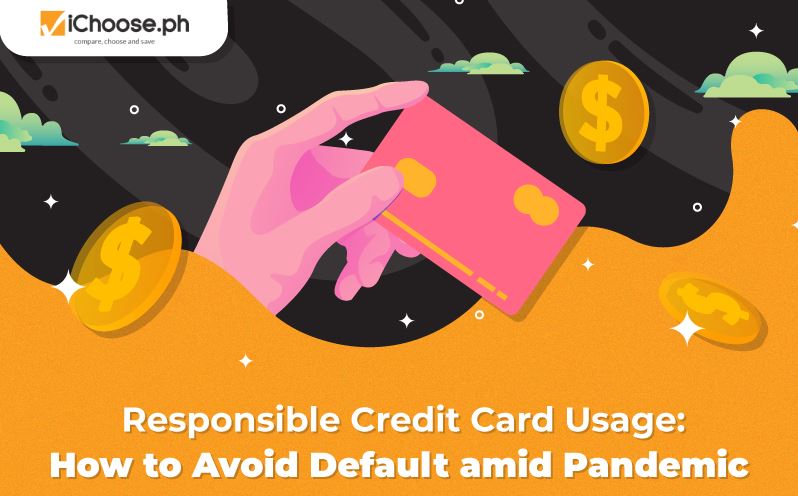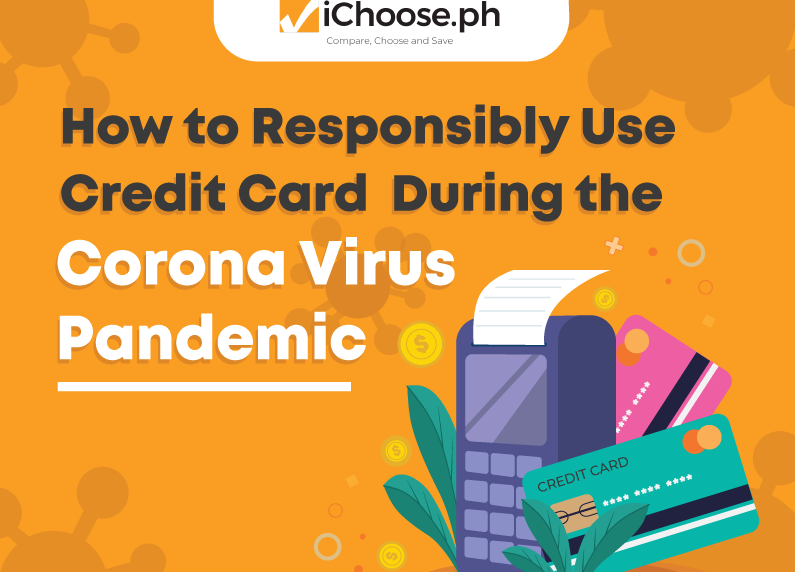Avoiding Credit Card Debt During Coronavirus: Relief Options and Tips
Many people turn to their credit cards to keep them afloat during tough times, especially with today’s economic crisis brought by the on-going coronavirus pandemic.
Record numbers of laid-off workers and employees were sent home from work and not all of them are fortunate to have some earnings to sustain their living expenses. Unemployed people had it worse since they had little to no savings to pay for their daily essentials.
Reduced income and job loss during difficult and unprecedented times can be a big stress for people who struggle to think about how to survive financially. It is completely understandable to use credit cards to help supplement the decrease of income and regard it as a helping tool to make it through.
While using credit cards offers numerous advantages, it is not without concern. One of the most significant challenges that consumers need to look out for is incurring credit card debts.
If neglected, the debt is sure to grow over time and will continuously mount, resulting in overwhelming bills and long-term financial challenges.
Below are some relief options and tips to avoid credit card debt during the COVID-19 pandemic.
Look for Coronavirus Credit Card Relief Programs
Many credit card companies are willing to work with customers who are affected by the pandemic with offers for financial relief. To make use of such advantages, it is essential to immediately reach out or contact your respective credit card provider to formally request financial assistance.
Below are some common forms of assistance that various companies may offer. However, it may vary based on the company.
-
Lowered Interest Rates
Some companies have lowered interest rates to provide relief for consumers suffering from financial troubles. If your provider has yet to offer some, a clear negotiation should help in achieving a lower rate.
-
Waiving Fees/Lowering Monthly Minimum Payment
Should consumers fail to pay the monthly balance by the due date, a late fee will automatically be charged. However, due to this pandemic, various companies give considerations by allowing and refunding late payment fees if the consumer requested financial relief.
Philippine banks are offering temporary relief by allowing consumers to miss payments or give grace periods for an extension of 30 days. This move came as a concern regarding people’s difficulty in meeting payment obligations amid the pandemic.
Stay on Top of Your Credit Card Bill
Even in difficult times, people have to be mindful of using their credit cards to make recovery an easy fix.
-
Pay the Minimum
Striving to pay for the minimum is difficult considering the loss of income while having regular expenses that must be prioritized over other expenses. However, it is beneficial for consumers who want to lift their credit score and help ease the burden of paying higher total payments in the future.
-
Balance Transfers
Transferring an existing credit card balance to a new card is an option for those who want to have lower interest rates while paying off the current debt.
Opening a new card can help save money in the long run as it could net consumers more premium benefits. Applying for a credit card is now easily done online through credit card application online ph.
-
Focus on essentials
While it is fine to use credit cards for purchases, people need to be wise when it comes to paying for things. Prioritizing essentials such as groceries, utility bills, or insurance premiums must come first.
During this crisis, it is also advisable for Filipinos to invest in health insurance Philippines, especially with the rise in health problems.
Conclusion
The benefits of using a credit card outweigh various risks. However, the ease of spending might put consumers in a tight situation when expenses incurred becomes too overwhelming.
For those who do not own a credit card and have been wanting to get one for some time now, it is advisable to compare credit cards philippines.
Looking for insurance and credit cards fit for your needs? Visit the iChoose.ph for a comparison from different insurers and banks.
More useful reads from iChoose.ph






